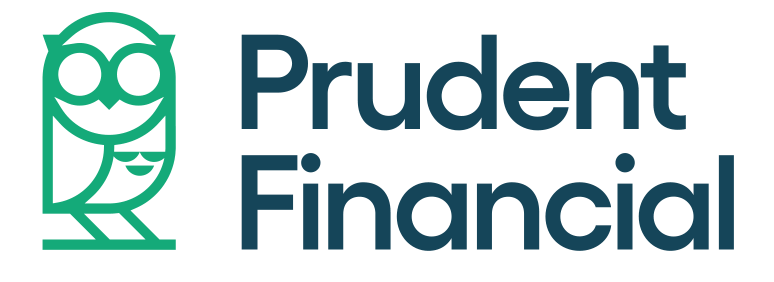
How to get the Perfect Mortgage and make your Financial Life Stress-Free
Choosing the right mortgage can significantly reduce the amount of stress, financial pain and anxiety that you feel.
Here are a few tips for getting a mortgage that will be easier on your wallet.
Choosing the better rate: Fixed vs. variable
There are advantages to both fixed and variable rate mortgages. With a fixed rate mortgage, you’ll pay the same interest rate for the term of the loan. The benefit to this is that you always know what you will pay. You won’t need to worry about interest rates going up and increasing your payments to the point where you can no longer afford them. Plus, fixed rate mortgage payments are easier to fit into your monthly budget.
With variable rate mortgages, the interest rate that you pay is periodically adjusted based on an index. The advantage to variable rate mortgages is that, in many cases, the overall interest that you pay is lower on a variable rate mortgage than on a fixed rate mortgage. However, the downside is that the rate could increase with little or no warning.
When it comes to choosing a mortgage, you need to determine if you will be able to pay more if your interest rate increases. If you’re only able to afford your mortgage payments based on the current interest level, you might want to stay away from a variable rate mortgage since the costs could increase at a later date.
Getting the right term: 15 or 30 years
At first it might seem like a 30-year mortgage term is clearly a better option than a 15-year term. After all, you will get more time to pay off your house and each individual payment is lower. However, you could also end up paying a lot more interest over those additional 15 years.
In addition, if you’ve calculated the amount of home you can afford based only a 30-year fixed mortgage scenario, you may be taking on more than you can really afford.
Instead of strapping yourself to a 30-year fixed mortgage payment, consider how much you can save by opting for a shorter term, despite the higher monthly payments.
For example, by choosing a four percent, 15-year fixed mortgage on a $250,000 loan over a comparable 30-year fixed loan, you’ll end up saving $97,020 in interest over the life of the loan. Plus, you’ll own your home (and stop making payments on it) sooner! This can go a long way to reducing financial stress.
Knowing perfect amount for a down payment
How much money should you put down when you buy a house? It’s a question that many people ask themselves. One thing to remember is that if you put down less than 20 percent of the purchase price as a down payment, you’ll need to pay mortgage insurance which will add to your monthly costs. The lower your down payment, the more you’ll need to spend on insurance.
When deciding how much to put down, think about how much money you have saved and how much you need to have in order to afford your monthly expenses. You want to make sure that you save some money in case of an emergency as well. The more money you have saved for a down payment, the lower your monthly mortgage costs will be and the less financial stress you will have.
Like our blog? Join FREE SMART MONEY CLUB.

